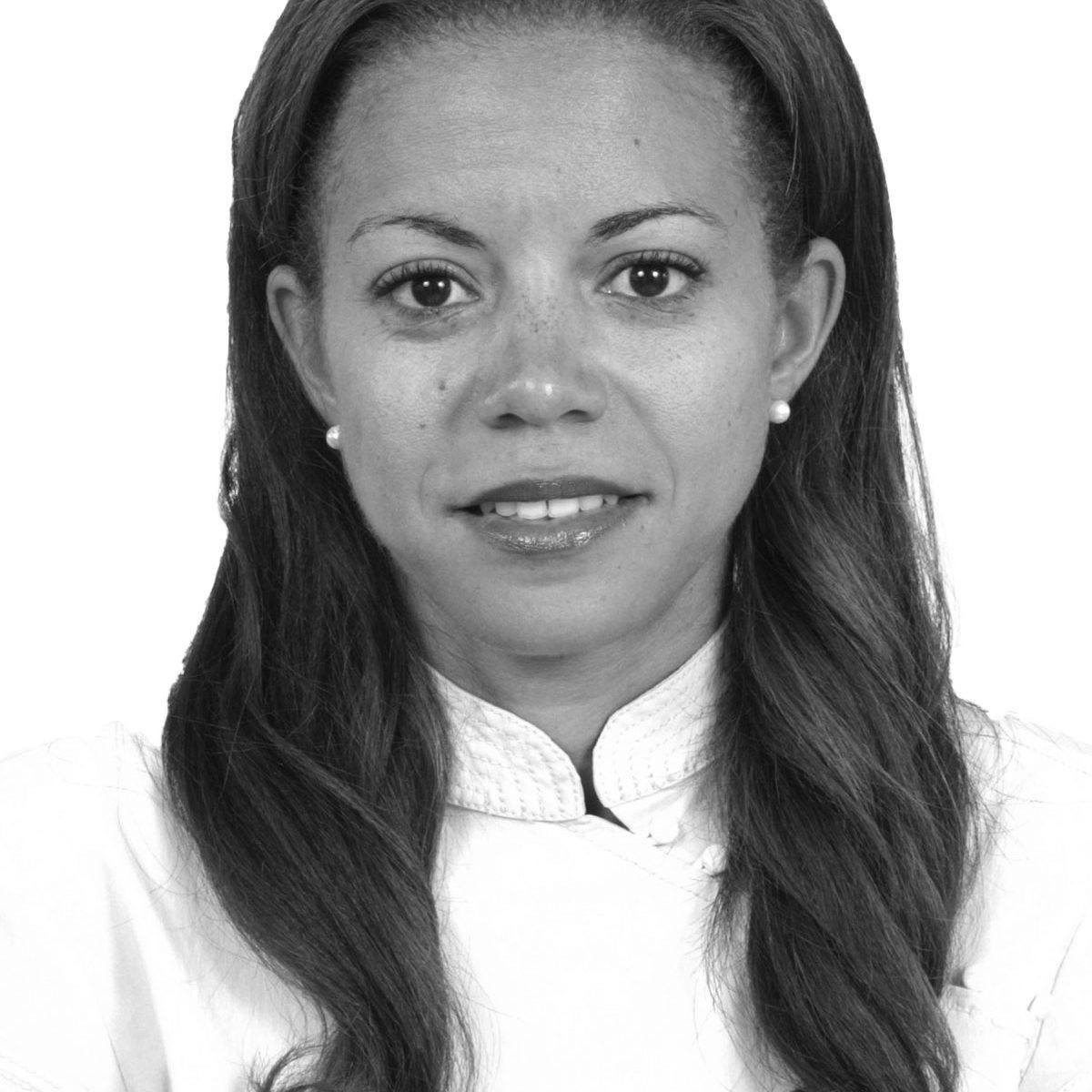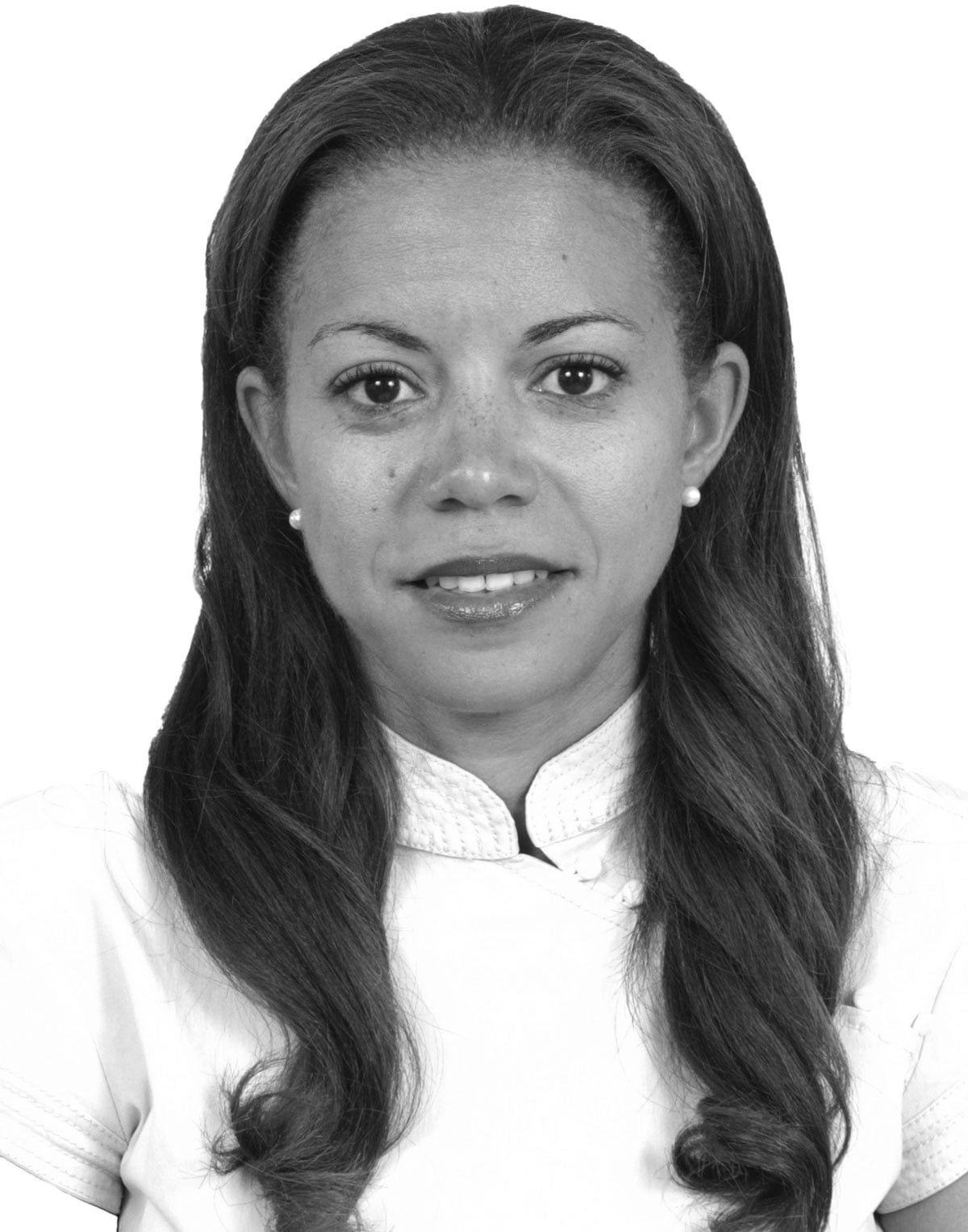How do you define your firm’s culture and how important is that culture to you?
We have a very collaborative, supportive, family-based culture in the firm. I am not saying this because I am the managing partner, but it has been described as such by outsiders who have observed us and it is a culture that I am very proud of and invest in maintaining.
As managing partner, what’s the main change you’ve made that has benefitted clients?
We have streamlined many of the supporting processes and roles in order to (i) deliver on the strategic plan and (ii) provide the best support to the staff to allow them to provide exceptional service to the client.
How do you split your time between fee earning and management?
This is difficult especially as I have an open door management policy. I have tried many different methods – e.g. specific days or times for client work and others for management issues.
I find doing client work very early in the morning, which often means from home and before I get to the office, works best and I have excellent support from secretaries, paralegals, and associates.
What are the biggest challenges facing BVI firms and how are you tackling them?
The biggest challenges are the external threats to the industry such as the possibility of EU blacklisting which we are in the middle of dealing with.
We tackle such threats by working very closely with the government on legislation and policies to address such threats and by advising clients in a very clear and precise way on how to handle such threats.
With the recent establishment of a New York office, the firm is one of the few offshore firms to make this step into the US. What advantages has this move given you?
The New York office puts us blocks away from many of our key clients. We are in a position to meet and work with them at their convenience and to seek opportunities that we may not have found had we not been on the ground.
What do you think are the top three things most clients want and why?
Responsiveness; clear, concise advice; and the ability to think outside the box.
What do you think lawyers generally could be better at?
Mentoring and passing knowledge from one level to another. The best knowledge management systems cannot capture all aspects of the practice. A lot of this information and understanding is simply known by the attorney and can only be passed on with mentoring and training.
What have you found is the best way to retain talent – both at partner and associate levels?
Giving them a clear understanding of the mission and vision of the firm and their role in the bigger picture. Information and the sense of knowing where you stand, your purpose, and contribution goes a far way in retaining talent.
How do we get more women into leadership roles in firms?
By women being mentors to other women. Guidance on legal and non legal soft skills from those who are established and viewed as role models is essential in creating new leaders.
What advice would you give to those, particularly women, just starting out in law?
Listen, learn, be focused, and don’t be afraid to ask questions as learning the practice of law has just begun.

